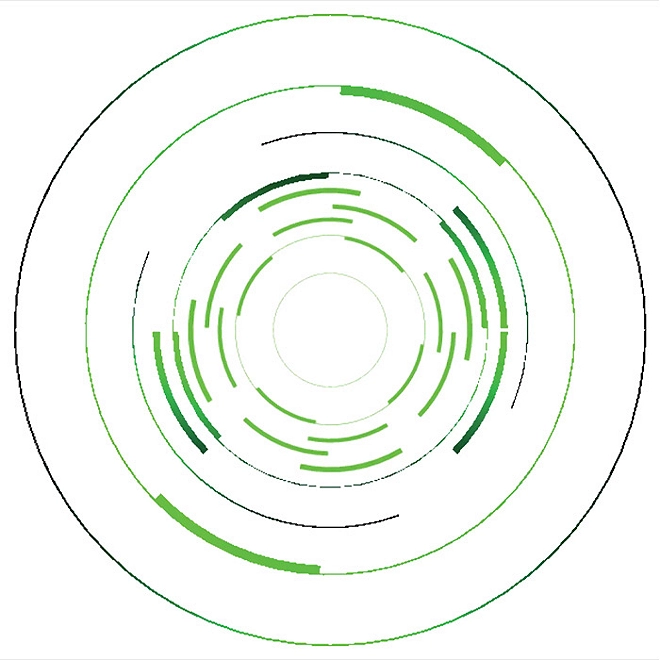Perspective
03 Feb 2021
5 minute read
Global Trade Advisory Alert
US expands certain end-use and end-user controls
On 15 January 2021, the US Department of Commerce’s Bureau of Industry and Security (“BIS”) issued an interim final rule, effective on 16 March 2021, to implement the provisions of the Export Control Reform Act of 2018 (“ECRA”). The interim final rule aims to
- impose additional licence requirements for certain military-intelligence end uses and end users;
- expand the activities of US persons that require a licence;
- add restrictions on transactions designed to circumvent licence requirements for listed entities; and
- expand the scope of activities subject to end-use controls for chemical and biological weapons, rocket systems and unmanned aerial vehicles. BIS is accepting comments from the public until 28 February 2021.
Specifically, the interim final rule amends Parts 730, 734, 736, and 744 of the Export Administration Regulations (“EAR”) and existing end-use and end-user controls under the EAR, as follows:
- Imposes additional license requirements for certain military-intelligence end uses and end users
Part 744.22 of the EAR imposes supplemental licence requirements on the export, reexport, or in-country transfer of all items subject to the EAR to military-intelligence end uses and end users in China, Russia, or Venezuela and countries listed in Country Groups E:1 and E:2. “Military-intelligence end users” is redefined in part 744.22 of the EAR as “government intelligence and reconnaissance organizations” to avoid licence requirement overlap with part 744.21 of the EAR, which only applies to items in Supplement no. 2 to part 744 of the EAR. The BIS has also amended the definition of “military end user” in part 744.21 to exclude intelligence or reconnaissance organizations of the armed forces or national guard. - Expands the activities of US persons that require a licence
BIS expanded the existing restricted activities in the EAR to include “activities that may support” any of the end uses or end users listed in part 744.6 of the EAR, and revised part 744.6 to replace the terms “export” and “reexport” with the acts of shipping or transmitting so that the controls set forth in this part apply to foreign-origin items not subject to the EAR, as set forth in the ECRA. - Adds restrictions on transactions designed to circumvent licence requirements for listed entities
The Entity List, Supplement no. 4 to part 744 of the EAR imposes supplemental licence requirement for exports, reexports, or in-country transfers with transactions involving listed entities. BIS has increased due diligence to include transactions with involved parties co-located with listed entities, or that are subsidiaries, parent companies, or sister companies of listed entities. BIS accordingly adds a paragraph to part 744.11, authorising BIS to inform persons that a licence is required for a specified transaction, or for a transaction with specific parties, based on an “unacceptable risk” that the items in question will ultimately be used by, or diverted to, a listed entity. - Adds restrictions on transactions designed to circumvent licence requirements for listed entities
The Entity List, Supplement no. 4 to part 744 of the EAR imposes supplemental licence requirement for exports, reexports, or in-country transfers with transactions involving listed entities. BIS has increased due diligence to include transactions with involved parties co-located with listed entities, or that are subsidiaries, parent companies, or sister companies of listed entities. BIS accordingly adds a paragraph to part 744.11, authorising BIS to inform persons that a license is required for a specified transaction, or for a transaction with specific parties, based on an “unacceptable risk” that the items in question will ultimately be used by, or diverted to, a listed entity. - Expands the scope of activities subject to end-use controls for chemical and biological weapons, rocket systems, and unmanned aerial vehicles
EAR part 744.4 addresses restrictions on exports, reexports, and in-country transfers of chemical and biological weapon end uses anywhere in the world. BIS has revised this part to include restrictions on any item subject to the EAR for use in the design, development, production, operation, installation (including on-site installation), maintenance, repair, overhaul, or refurbishing of a whole plant for chemical weapons precursors specified in export control classification number 1C350.

How we can help
Deloitte’s Global Trade Advisory specialists are part of a global network of professionals who can provide specialised assistance to companies in global trade matters. Our professionals can help companies seeking to manage the impacts and potential impacts of the developments described above by:
- Reviewing export compliance management strategies to adapt to the change;
- Helping companies understand the potential impact on their current operations and update trade processes and automation solutions in accordance with the change; and
- Providing targeted end-user and third-party due diligence to help companies maintain compliance with end-user and end-use export controls, sanctions and other regulatory requirements.
For more information, contact:
| United States Kristine Dozier kdozier@deloitte.com Suzanne Kao skao@deloitte.com |
Helen Cousineau hcousineau@deloitte.com |
Pablo Lecour pablolecour@deloitte.com |
| Global/Americas Kristine Dozier kdozier@deloitte.com |
EMEA Johan Hollebeek jhollebeek@deloitte.nl |
Asia-Pacific Meng Yew Wong mewong@deloitte.com |



